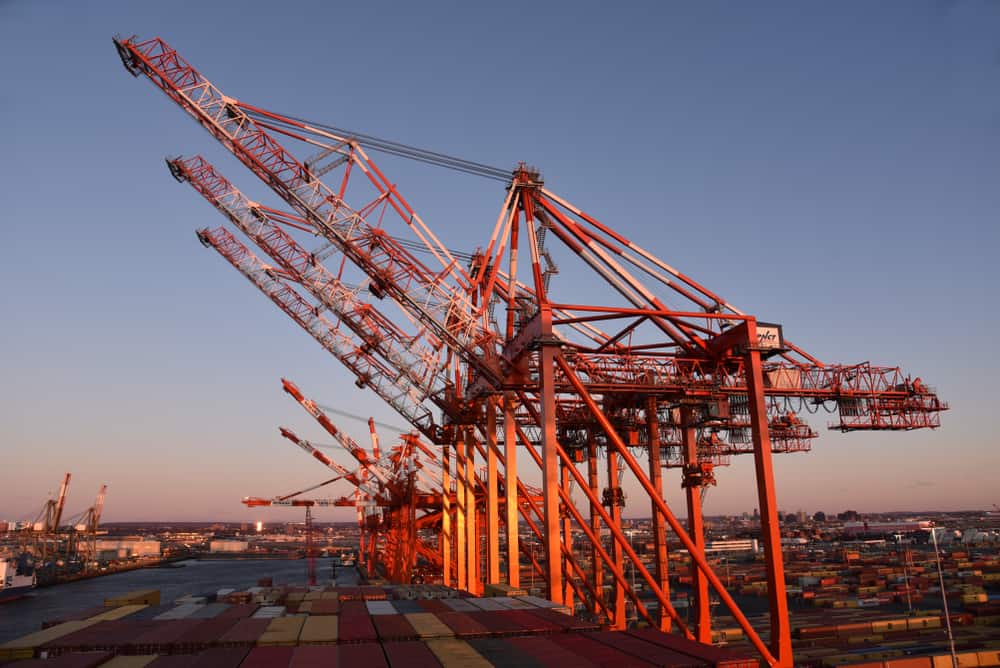Tokyo, 8 September (Argus) — Japanese prime minister Shigeru Ishiba will step down as the president of the ruling party Liberal Democratic Party (LDP), he said on 7 September, effectively resigning as the country’s prime minister.
The decision came after a significant defeat in the national upper house election in July.
The party leader must take responsibility of election loss, Ishiba said, adding that he had no intention of clinging on to power. The announcement came almost 50 days after the July vote.
The LDP also suffered setbacks in the Tokyo Metropolitan Assembly election in June and the general lower house election in October 2024.
Ishiba has faced criticism after a series of election defeats. There have been calls for him to step down from leadership. But Ishiba initially suggested remaining in power, arguing that the country cannot afford a political vacuum especially amid ongoing trade negotiations with Washington.
But internal division within the LDP appear to have prompted him to resign in an effort to prevent further political instability.
His departure may add uncertainty to the country’s renewable energy measures, especially geothermal initiatives that Ishiba had strongly supported.
Ishiba has focused on less utilised but high potential geothermal energy to help drive the country’s decarbonisation. The Japanese government launched a council in April to discuss the development of next-generation geothermal energy.
Geothermal power could still make up a marginal share in Japan’s power mix compared with other sources of renewable energy. Geothermal power will account for 1-2pc of Japan’s power mix in the April 2040-March 2041 fiscal year, under Japan’s latest strategic energy plan. This is up from its actual share of 0.3pc in 2023-24. But the 2040-41 goal is well below other types of renewable energy, such as solar at 23-29pc, wind at 4-8pc, hydroelectric at 8-10pc and biomass at 5-6pc.
Other segments in the renewable energy sector are also facing challenges, with major domestic developers pulling out of key projects.
Japan’s leading trading house Mitsubishi will withdraw from major wind power initiatives, it said on 27 August, citing rising costs that undermine profitability.
The firm had planned to build two offshore wind farms in the Sea of Japan off the coast of Akita, with a capacity of around 478.8MW and 819MW, respectively, while continuing to develop the 390.6MW offshore wind farm in the Pacific Ocean off the coast of Chiba. The wind farms were scheduled to start commercial operations in December 2028, December 2030 and September 2028, respectively.
Japanese renewable energy producer Daigas Gas and Power Solutions (DGPS) in August also decided to scrap its wind power generation project in northern Hokkaido, similarly citing rising material costs.
The LDP is expected to hold an election for its next president. Ishiba confirmed that he will not seek a second term. But the winner of the leadership race may not automatically become prime minister due to the party’s minority status in both houses of the Diet, leaving Japan’s wider energy policy in limbo.
By Yusuke Maekawa and Motoko Hasegawa





